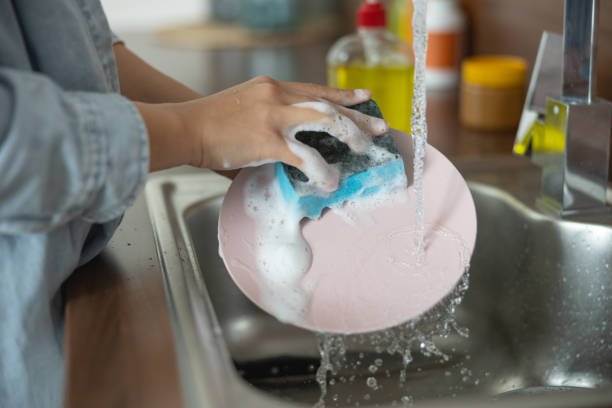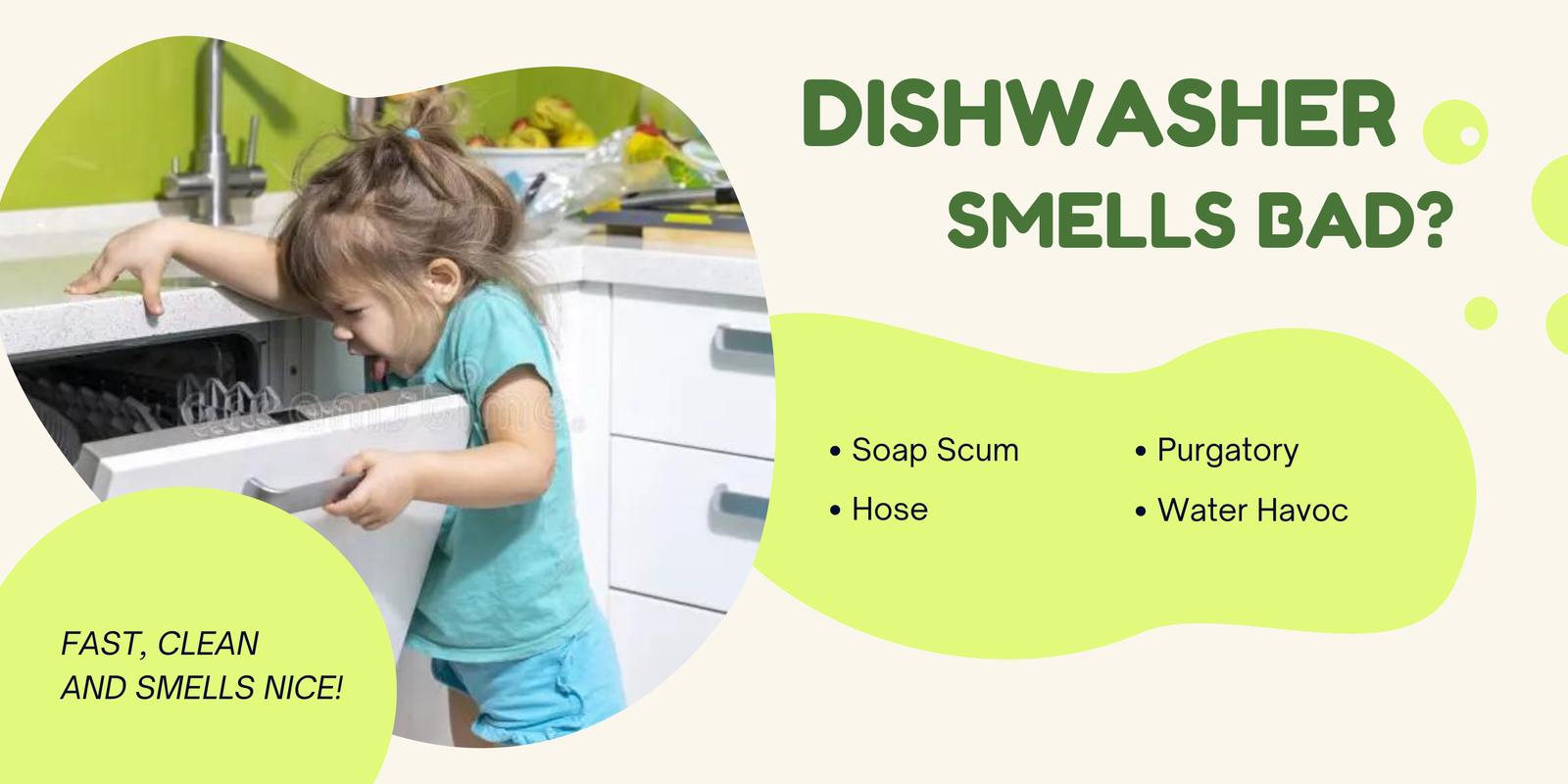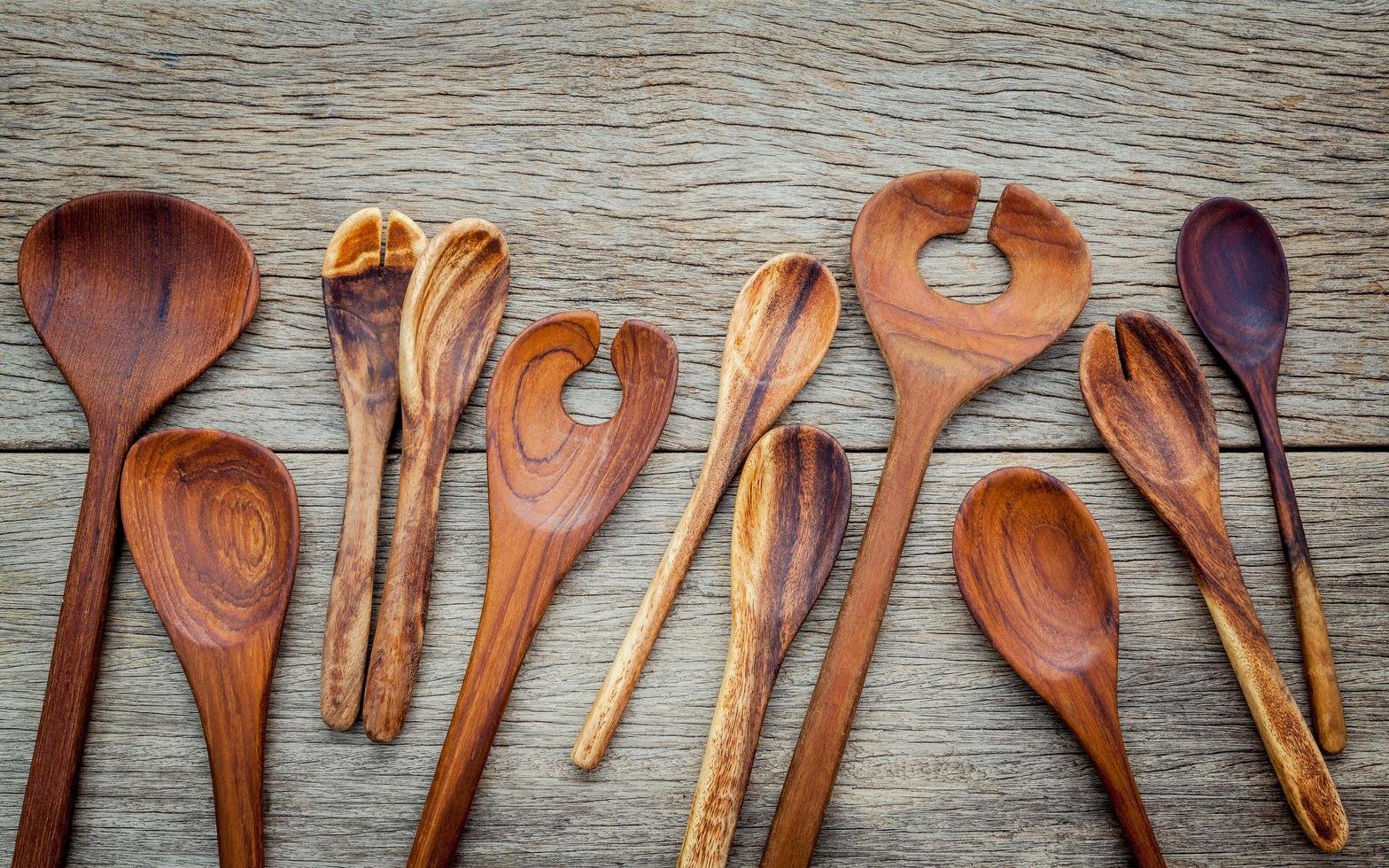
Should You Towel-Dry Dishes? Here’s What the Experts Have to Say
The age-old debate on whether to air-dry or towel-dry dishes after washing has been a topic of discussion among homemakers and kitchen enthusiasts for years. While some argue that towel-drying ensures a spotless finish, others believe in the efficiency of air-drying. Let’s delve into the perspectives of experts to understand the pros and cons of each method and determine which approach aligns best with modern kitchen practices.
Air-Drying:
Pros:
- Energy Efficiency: Air-drying is an energy-efficient method as it eliminates the need for additional electricity or gas consumption, contributing to a greener and more sustainable kitchen.
- Hygiene: When dishes air-dry in a clean and well-ventilated space, they are less likely to come into contact with potentially germ-laden kitchen towels. This reduces the risk of cross-contamination.
- Time-Saving: While air-drying may take a bit longer, it requires minimal effort on the part of the person washing the dishes. This allows for multitasking or attending to other kitchen chores.
Cons:
- Water Spots: One of the primary concerns with air-drying is the possibility of water spots forming on glassware and other surfaces, potentially affecting the aesthetic appeal of the dishes.
- Limited Space: Homes with limited counter space might find air-drying challenging, as it requires a dedicated area for dishes to dry without crowding the kitchen workspace.
Towel-Drying:
Pros:
- Spotless Finish: Towel-drying ensures a spotless finish, reducing the chances of water spots or streaks on glassware and stainless steel utensils. This can be particularly important for those who prioritize a polished and pristine kitchen aesthetic.
- Quick Drying: Towel-drying accelerates the drying process, allowing for swift and immediate storage of dishes. This can be advantageous in households with a high volume of dish usage.
- Control Over Hygiene: Using a clean kitchen towel provides control over the hygiene of the drying process, minimizing the risk of any lingering germs or contaminants.
Cons:
- Environmental Impact: Towel-drying consumes additional resources such as paper towels or cloth, contributing to environmental concerns, especially if disposable materials are regularly used.
- Labor-Intensive: Towel-drying can be labor-intensive, especially in larger households or after hosting events that result in a surplus of dirty dishes. It requires dedicated time and effort.
Expert Opinions:
- Food Safety Experts:
- Many food safety experts recommend air-drying as it reduces the risk of contamination associated with kitchen towels. Proper air circulation and a clean drying rack contribute to a safer environment for dish drying.
Kitchen Hygiene Specialists:
- Specialists in kitchen hygiene emphasize the importance of using clean, dry towels if opting for towel-drying. Regular washing of kitchen towels is crucial to prevent the growth of bacteria.
- Environmentalists:
- Environmentalists often advocate for air-drying as a more eco-friendly option. It aligns with the broader movement toward sustainable living by minimizing resource consumption.
Conclusion:
The choice between air-drying and towel-drying dishes ultimately depends on individual preferences, lifestyle, and kitchen dynamics. While air-drying is energy-efficient and minimizes the risk of cross-contamination, towel-drying offers a quick and spotless finish, especially for those who prioritize a polished kitchen aesthetic. Experts generally agree that both methods can be effective when practiced with care and attention to hygiene. It’s essential to strike a balance between personal convenience, environmental considerations, and the desire for a clean and sanitary kitchen. Whether you choose to let nature take its course or reach for the kitchen towel, the key is to find a method that aligns with your values and contributes to a well-maintained and functional kitchen space.




